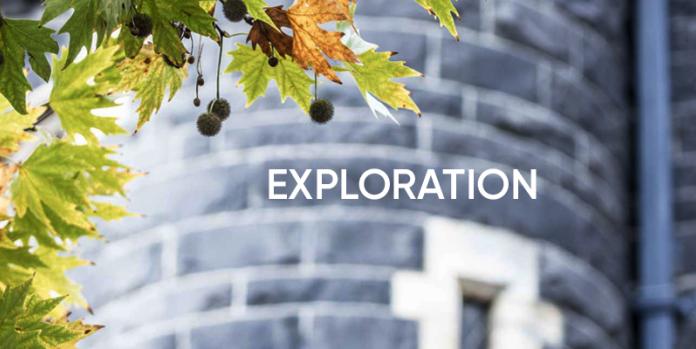Head of Enrichment and Extension, Dr Martin Ball, questions whether digital connectivity always truly aids knowledge acquisition.
Most of us are familiar with the Slow Food movement, a reaction against the junk food culture that turns food into convenience rather than sustenance. Slow Food isn’t simply about taking time to eat; rather, it encourages people to be mindful about what they eat, and to consider how their food is grown, prepared, cooked and consumed.
I think we need a parallel Slow Thinking revolution, to change the way we learn.
In the age of digital connectivity and smart phones, it has never been easier to find things out. The world wide web has astonishingly transformed our access to information, and Google is our gateway to knowing anything about everything.
But is information knowledge? Just because we have the facts at our fingertips, do we really know whatever it is we have found through our instantaneous search engine? Especially since the seductive hyperlinks have us darting from one idea to another before we have taken the trouble to contextualise the avalanche of facts and data pouring from the screen.
A generation ago, to learn about something often meant a laborious trek through encyclopaedias. Or at a more academic level, through primary sources, reading books and journals, to hopefully find the answer to our inquiry.
The persuasive convenience of Google renders that often slow and painstaking process redundant. The only limitation is your internet access and download speed. But this information game is a zero sum, where the gain has to be balanced by a loss – and too often that loss is real knowledge and understanding.
Thirty years ago, if a student wanted to find out the economic impact of the Black Death on medieval Europe they laboured to do so. It took time to search the library catalogue, locate the book on the shelves, search the index multiple times and finally read the relevant chapters. And throughout this labour the student didn’t just learn about the Plague: they learned organisational and analytical skills; they learned to sift relevant and extraneous content; and they had time to think about what they were learning. How was the plague transmitted? Why did it affect some centres more than others? Could it happen again today?
But this ‘thinking time’ has no part in today’s gratification of instant information. And the risk is that it will lead to shallower learning. We think we can know everything in today’s information age – the danger is, we will end up understanding nothing.
The maxim that good things take time is not simply a proverbial cliché, designed to counter impatience; and it applies equally to thinking as to doing. You don’t quickly or easily grasp the political machinations of the French Revolution, or the complexity of Shakespeare’s humanist philosophy. It takes time to understand fully the implications of Entropy, time to comprehend the phenomenal impact of DNA, and a very long time to memorise all the Latin declensions.
Students, of course, are short of time. They rush from maths homework to rowing training to their weekly service commitment of tutoring primary school students. And at the same time, they are convinced they have to check the latest memes to make sure they aren’t missing out on this week’s vital social capital. When do they have time to stop and think?
The answer is, they need to occasionally slow down, in order to think better. And our education and pedagogy needs to encourage them to do so. Practise again the Right-Hand Grip Rule of electro-magnetism. Rehearse those French conjugations. Ignore the ‘ping’ of a Facebook notification, and do one thing well. Do it slowly. Stop and think – it’s nourishing for the mind.
Martin Ball Head of Enrichment and Extension
Related topics
